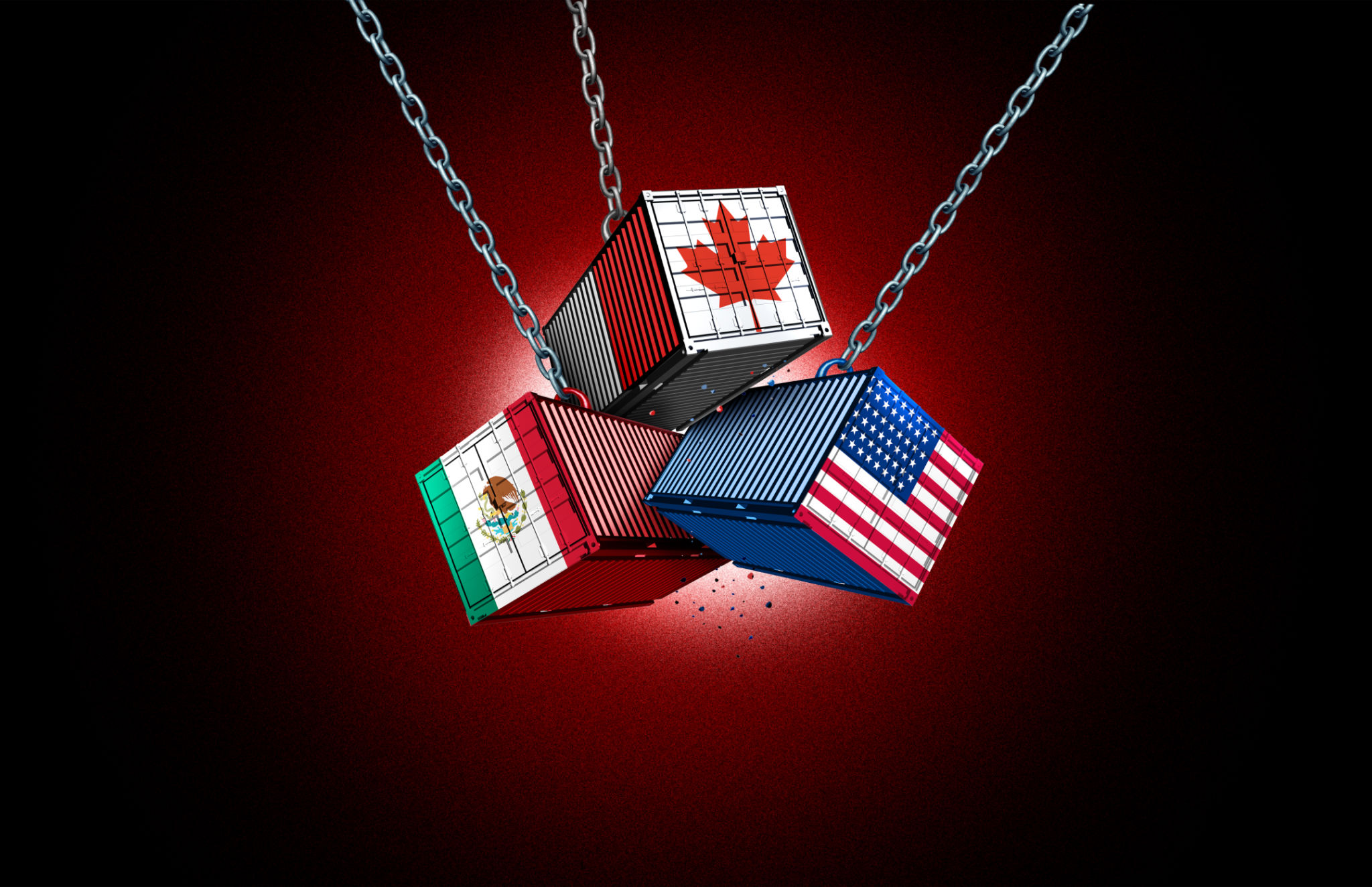Navigating Import Regulations in Canada: A Guide for Metro Vancouver Wholesalers
Understanding Import Regulations in Canada
Navigating import regulations in Canada can be a complex task, especially for wholesalers in Metro Vancouver. Understanding the country's import laws is crucial to ensure smooth transactions and compliance with legal requirements. This guide aims to provide a comprehensive overview, helping you stay informed and efficient.

Essential Import Documentation
When importing goods into Canada, it is essential to have all the necessary documentation in place. Key documents include the Bill of Lading, Commercial Invoice, and the Certificate of Origin. These documents verify the nature, value, and origin of your goods, ensuring transparency and compliance with Canadian regulations.
Additionally, ensure that your goods are classified under the correct Harmonized System (HS) codes. Accurate classification helps determine the applicable duties and taxes, preventing any unexpected costs or delays at customs.
Compliance with Canadian Customs
Canadian customs regulations are stringent, and non-compliance can lead to significant penalties. It's crucial to understand the role of the Canada Border Services Agency (CBSA) in regulating imports. The CBSA is responsible for enforcing laws related to goods entering the country, ensuring safety and compliance with trade agreements.

As a wholesaler, you must also be aware of any specific restrictions or prohibitions on certain goods. Products such as firearms, hazardous materials, and certain agricultural items may have additional requirements or may be banned altogether.
Import Duties and Taxes
Import duties and taxes are an integral part of the import process. Canada's duty rates vary depending on the type of goods and their country of origin. It is essential to calculate these costs accurately to maintain profitability. The Goods and Services Tax (GST) is typically levied on most imports at a rate of 5%.
- Ensure accurate HS code classification
- Calculate duties and taxes beforehand
- Stay updated with changes in trade agreements
Leveraging Free Trade Agreements
Canada has several free trade agreements (FTAs) that can benefit wholesalers by reducing or eliminating tariffs on certain goods. Agreements like the Canada-United States-Mexico Agreement (CUSMA) can significantly reduce costs for importing goods from partner countries.

Understanding these agreements and their provisions can provide competitive advantages for your business. Make sure to research eligibility criteria and documentation requirements to leverage these benefits effectively.
Working with Customs Brokers
Given the complexities involved in import regulations, working with a customs broker can be highly beneficial. These professionals are well-versed in navigating the intricacies of Canadian customs processes, ensuring compliance and efficiency in your import operations.
A customs broker can help manage documentation, calculate duties, and liaise with government agencies on your behalf. This partnership allows you to focus on your core business activities while ensuring your imports are handled smoothly.
Staying Informed and Updated
The landscape of import regulations is continually evolving, with changes in policies, tariffs, and trade agreements occurring regularly. It's crucial for wholesalers in Metro Vancouver to stay informed about these changes to maintain compliance and optimize their import strategies.
Subscribing to industry newsletters, joining relevant trade associations, and attending seminars can be effective ways to keep up-to-date with the latest developments in Canadian import regulations.
